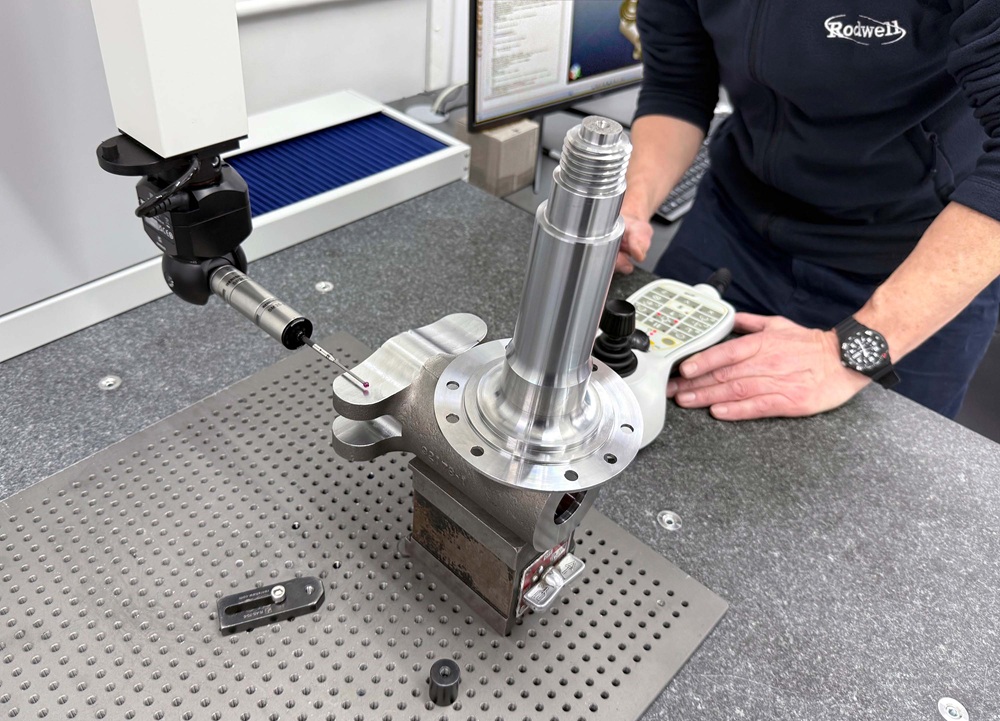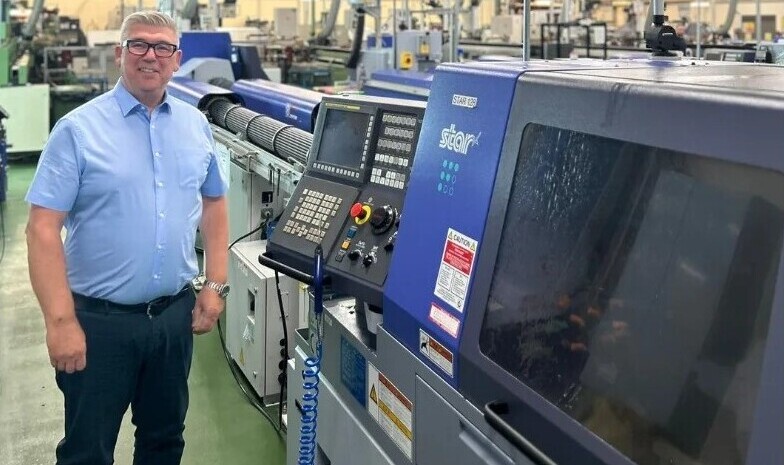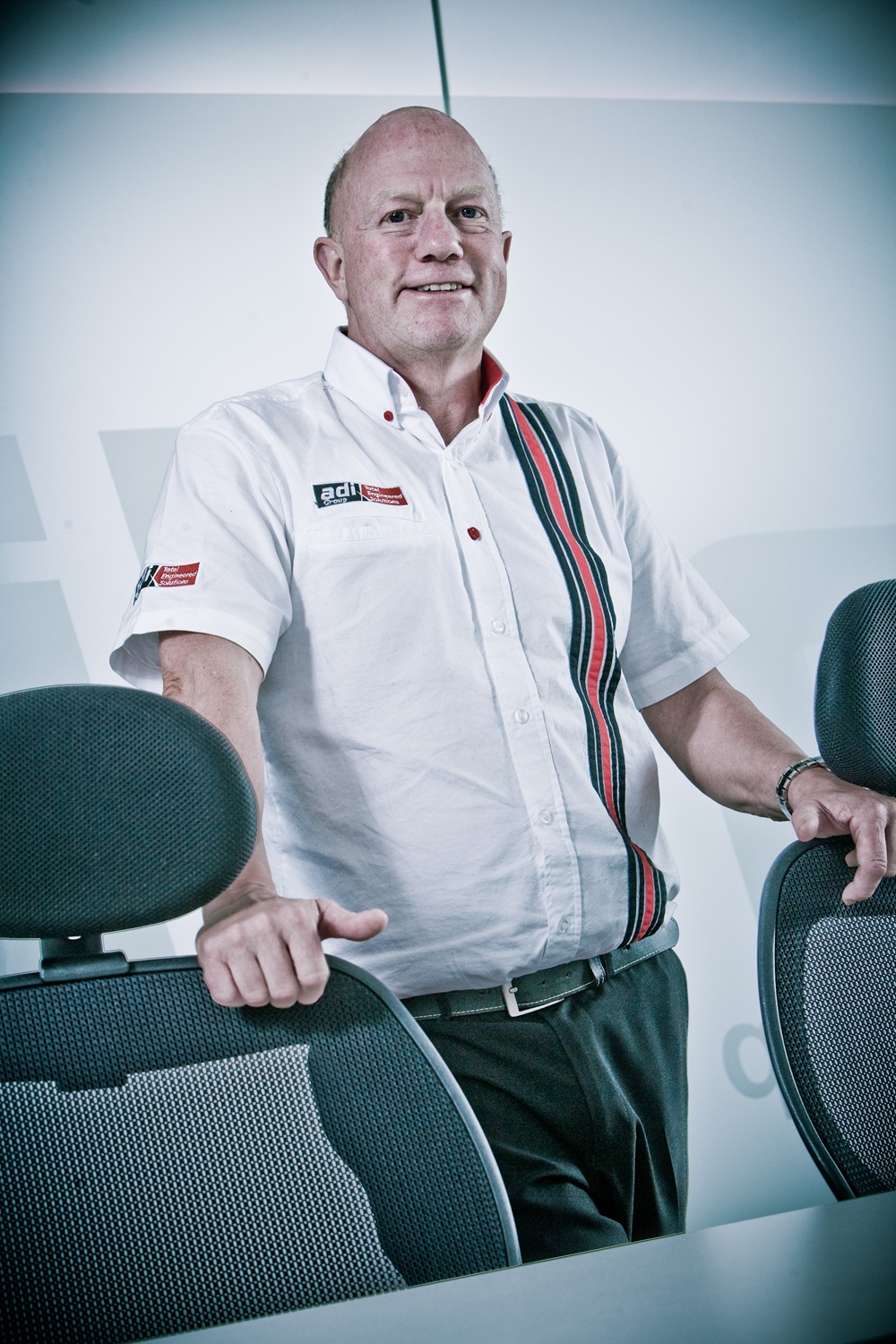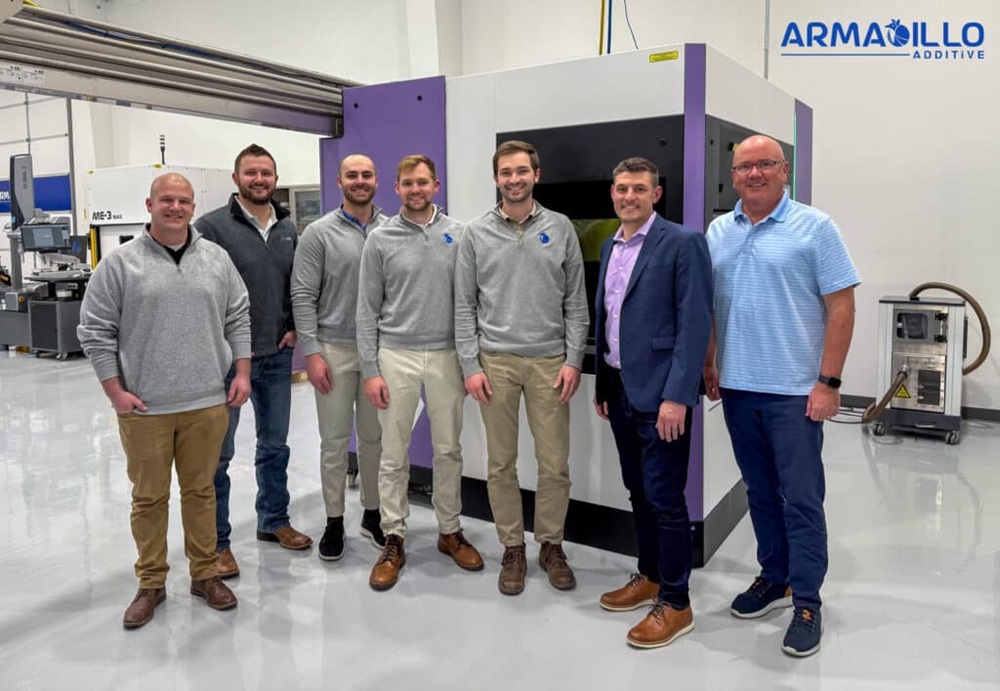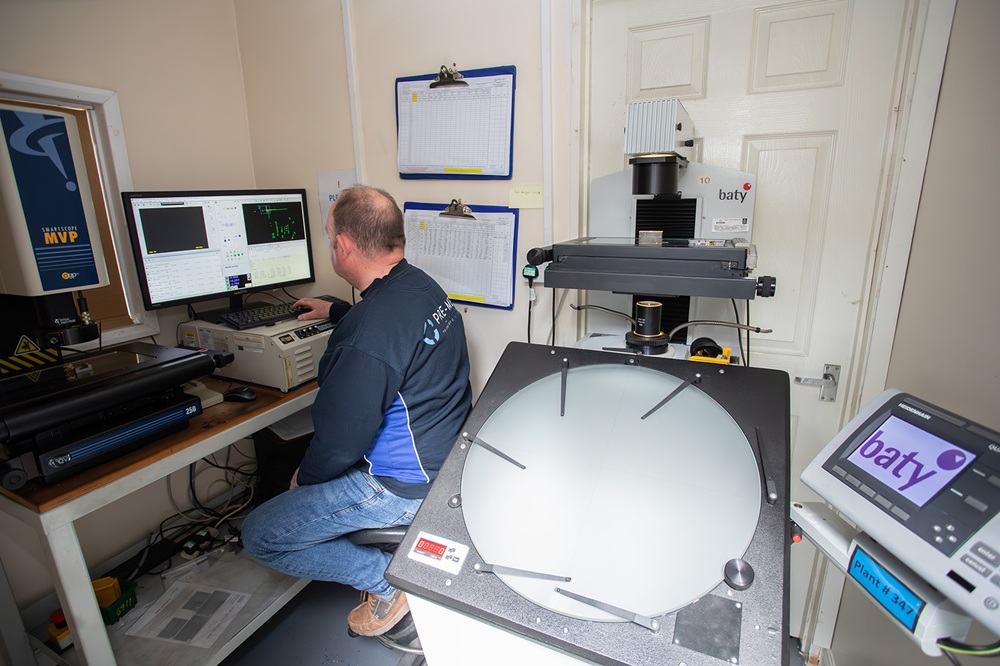Basildon-based Rodwell Powell, a specialist in precision machining for the aerospace, defence, marine, construction and other industries, has invested £250,000 in a renovation of its inspection department. The centrepiece of the upgrade was the acquisition of two CMMs manufactured by LK Metrology at its Castle Donington factory. The CMMs are delivering high levels of accuracy and efficiency to support increasingly complex quality control requirements for Rodwell Powell’s clients, which include Rolls-Royce Aerospace and Caterpillar.
The two next-generation LK Metrology Altera C CMMs are enabling the subcontractor to handle larger, more intricate parts with greater accuracy and efficiency. One of the new machines is an LK Altera C 10.7.5 equipped with a Renishaw PH10M Plus motorised indexing head deploying an SP25M probe with an SH25-2 stylus holder, which can perform scanning for form measurement and reverse engineering, as well as touch-trigger probing for accurate geometrical measurements. Featured also is a six-port stylus change rack to enable unattended completion of complex inspection routines.
The second CMM is a smaller LK Altera C 7.7.5 with PH10M Plus and SH25-2, and additionally equipped with a Renishaw TM25-20 touch-trigger probe module, allowing the continued use of legacy CMM Manager software alongside LK’s latest CAMIO 2024 R2. The latter is CAD-based metrology software that underpins the use of multiple sensors, intuitive programming, simulation, results analysis, GD&T, reporting and automation.
Andrew Rodwell, managing director, says: “Our investment in LK Metrology’s cutting-edge CMM technology is a game-changer for us. The CMMs allow for increased accuracy, greater throughput and reduced lead times, reinforcing our reputation for uncompromising quality in these highly demanding industries.”
More information www.lkmetrology.com






